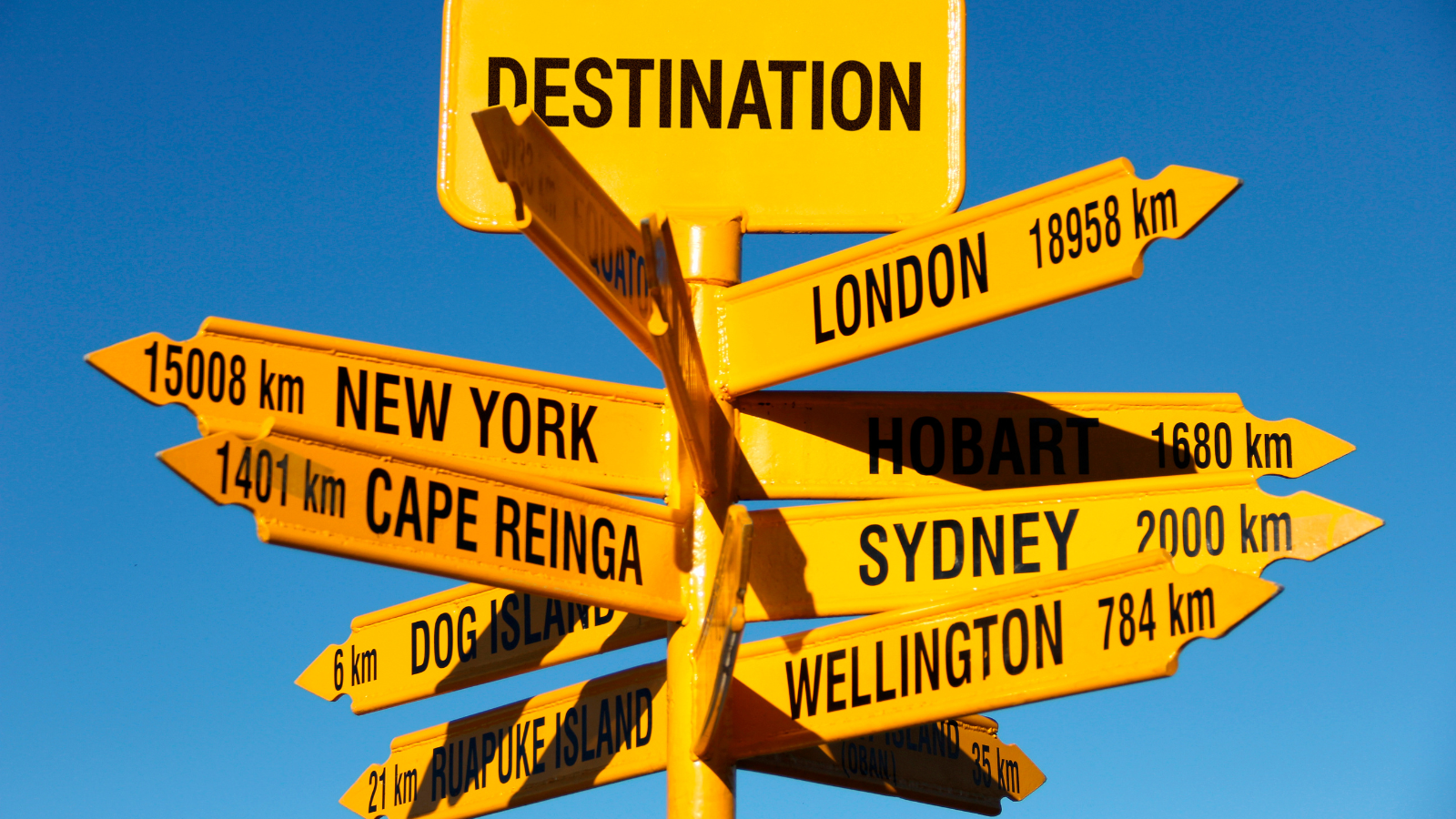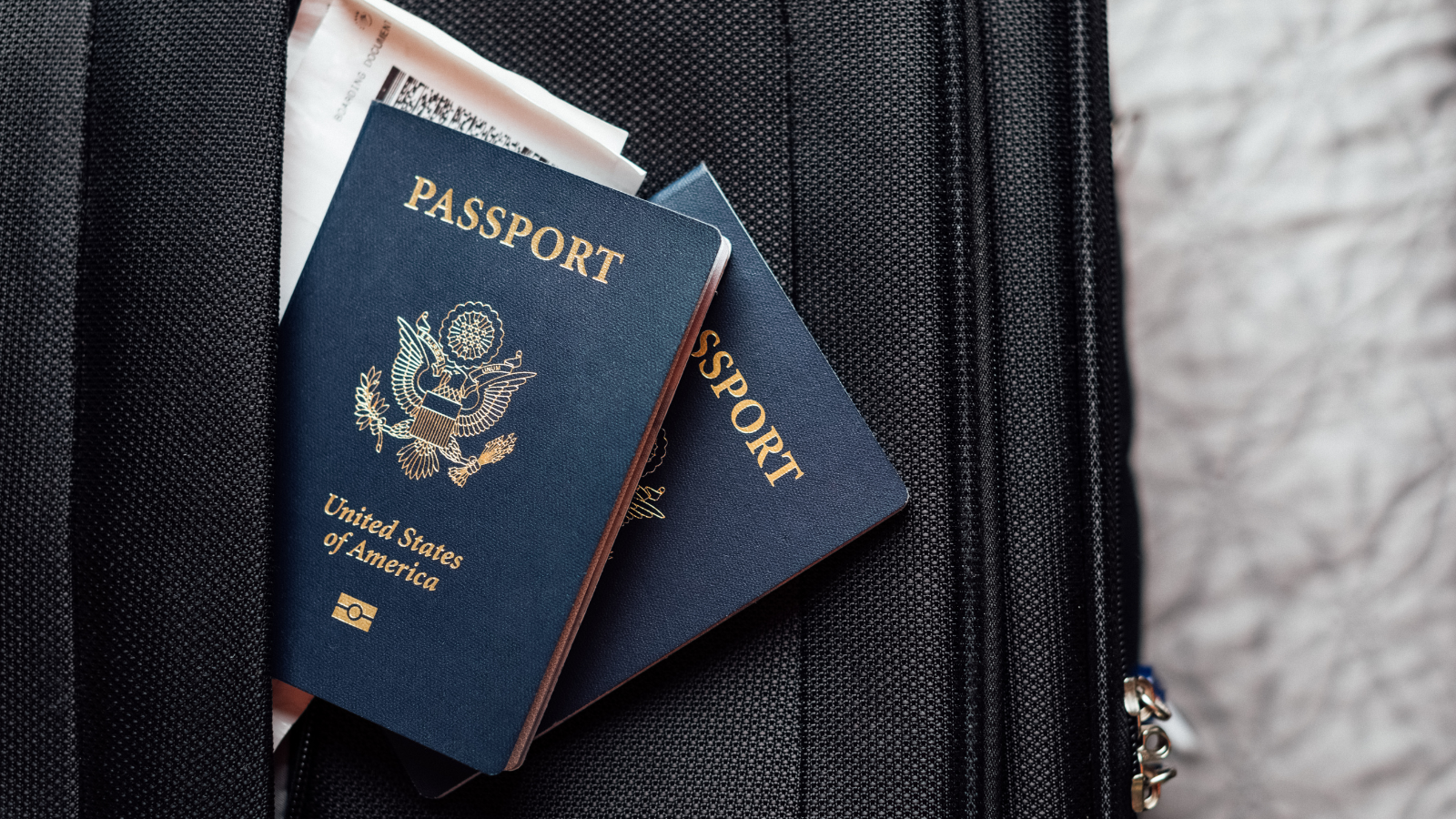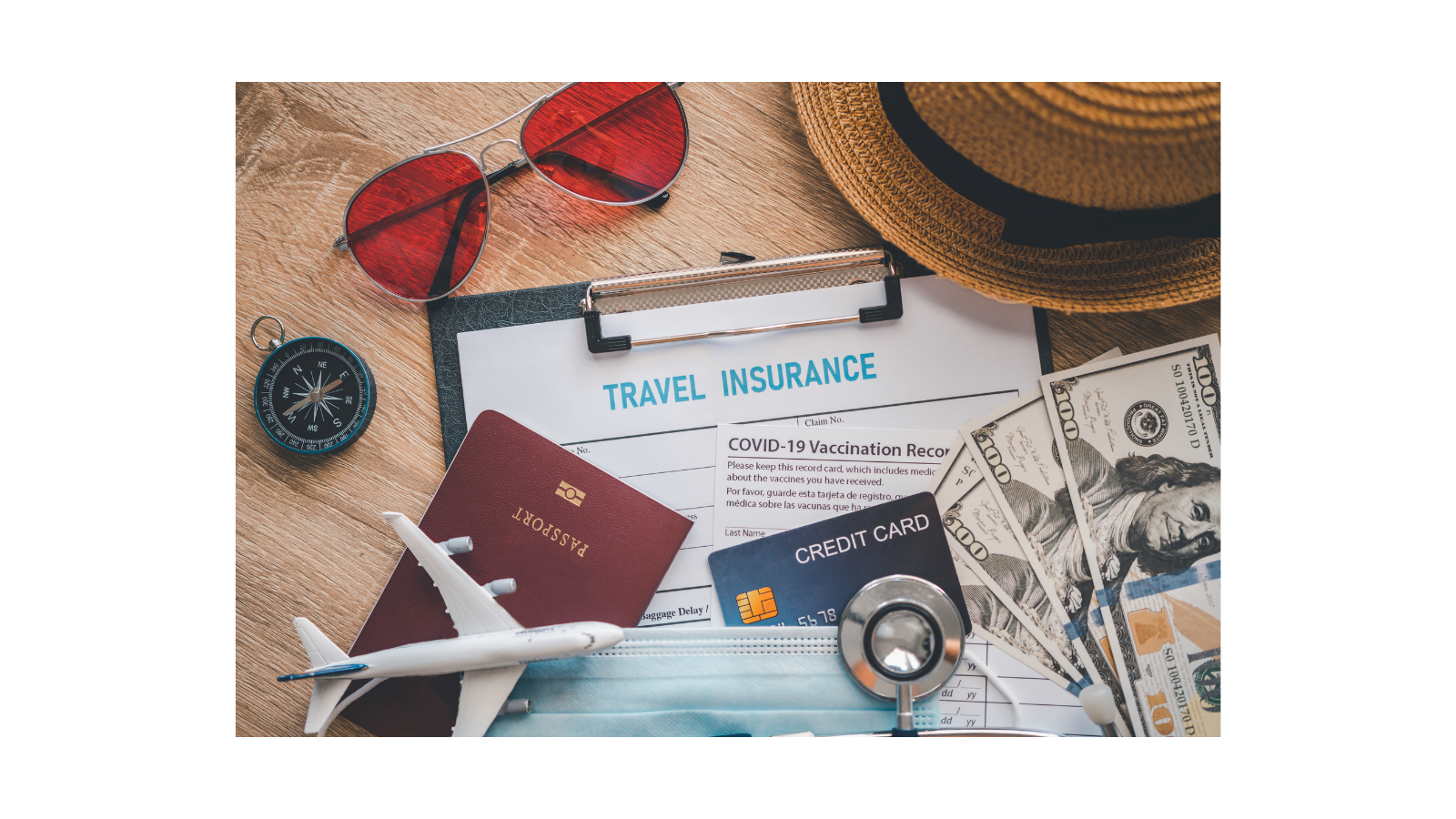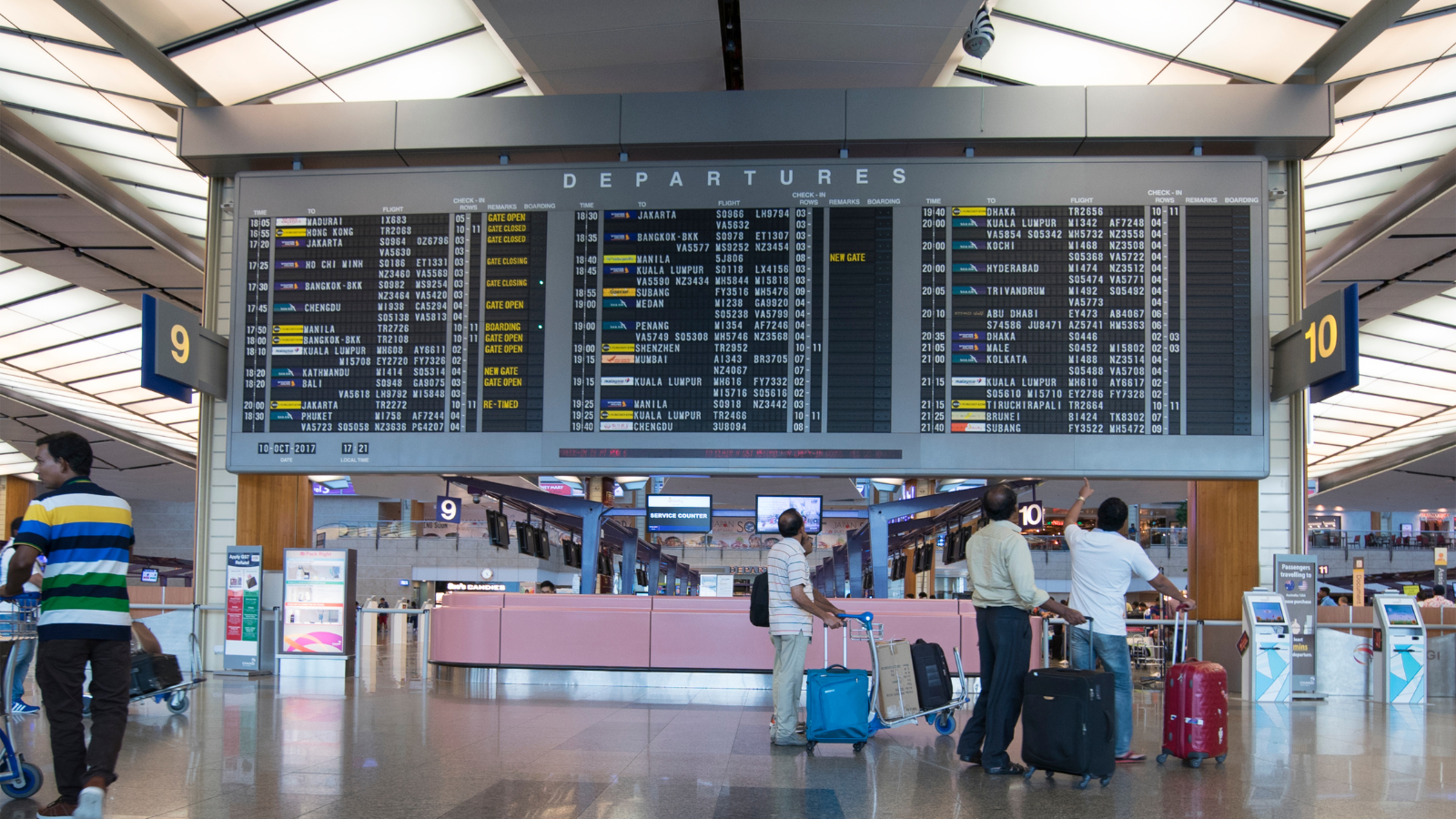Top Travel Tips for First-Time International Travelers

Traveling internationally for the first time is a thrilling experience, filled with the promise of new adventures, cultures, and unforgettable memories. However, it can also feel overwhelming with all the planning, documents, and unfamiliar processes involved. From understanding currency exchanges to navigating airport procedures and managing jet lag, preparing well can make your journey seamless and enjoyable. Below, we cover essential tips to help first-time international travelers embark on their journey with confidence and excitement.
1. Plan Your Itinerary and Research Your Destination
Overview: Researching your destination thoroughly can enhance your experience and help you avoid unexpected surprises.
Learning about the local culture, key attractions, language basics, and transportation options allows you to make the most of your time abroad.
Key Tips:
- Create a Rough Itinerary: While it’s good to have a plan, leave some room for flexibility. List down key places you want to visit but be open to spontaneous discoveries.
- Check Health Requirements: Research whether you need vaccinations, specific medications, or health precautions for your destination.
- Understand Local Customs: Research local etiquette to avoid cultural misunderstandings and gain a deeper appreciation of the culture.
- Transportation Options: Check available transportation methods at your destination, from local transit systems to rental options.
Suggested Image: A map highlighting popular landmarks, or a detailed itinerary checklist for a visual guide.

2. Understand Visa and Passport Requirements
Overview: Different countries have varying visa and passport regulations. Some require visas prior to arrival, while others provide visas on arrival or have agreements allowing short visits without a visa.
Key Tips:
- Passport Validity: Ensure your passport is valid for at least six months from your return date. Many countries enforce this rule strictly.
- Research Visa Requirements: Some destinations require advance visa applications, which can take days or weeks to process. Check your destination's official government or embassy website for details.
- Keep Digital and Physical Copies of Documents: Make digital and physical copies of important travel documents, including your passport, visa, travel insurance, and identification. Store copies in your luggage and online for easy access.
Suggested Image: A close-up of a passport with a visa stamp, or a list of visa requirements by country.

3. Set a Realistic Budget and Manage Finances
Overview: Proper financial planning can prevent overspending and help you stick to a budget. Consider your destination's cost of living and plan for essentials like meals, accommodations, activities, and transportation.
Key Tips:
- Notify Your Bank: Inform your bank about your travel dates to avoid blocked transactions. Many banks have automatic fraud alerts when cards are used internationally.
- Carry a Mix of Cash and Cards: Carry some local currency for small purchases and keep a travel-friendly credit or debit card for larger expenses.
- Research Exchange Rates: Check current exchange rates before traveling and explore options for currency exchange to ensure you get the best value.
Suggested Image: A budgeting worksheet for travelers, or foreign currency notes and coins for a visual representation of different currencies.
4. Pack Light and Smart
Overview: Packing light can transform your travel experience by making it easier to navigate airports and transport your belongings. Focus on essentials and avoid overpacking.
Key Tips:
- Choose Versatile Clothing: Pack clothing that can be layered and mixed and matched to create multiple outfits with minimal items.
- Use Travel-Sized Toiletries: Opt for travel-sized products to save space and avoid spills. Also, pack a basic first-aid kit with medications for common issues like headaches or motion sickness.
- Carry-On Essentials: Keep items like chargers, power banks, adapters, and a change of clothes in your carry-on in case your luggage is delayed.
Suggested Image: A neatly organized suitcase with packing cubes or a travel essentials checklist.
5. Understand International Health and Safety Regulations
Overview: Health and safety requirements vary across countries. Being prepared ensures peace of mind and helps avoid potential health risks.
Key Tips:
- Required Vaccinations: Some destinations require vaccinations, so check the Centers for Disease Control and Prevention (CDC) or World Health Organization (WHO) recommendations.
- Purchase Travel Insurance: A comprehensive travel insurance policy is essential for covering health emergencies, trip cancellations, and lost luggage.
- Emergency Contacts: Make note of emergency contact numbers, such as local hospitals and embassies, and locate the nearest health center in your destination.
Suggested Image: Travel insurance documents or a checklist of health-related items for travelers.
6. Learn Basic Phrases in the Local Language
Overview: Knowing a few key phrases can make a world of difference. Language is a bridge to connect with locals, and even a few basic phrases can help you get around and make a positive impression.
Key Tips:
- Memorize Common Phrases: Learn basic phrases like "Hello," "Thank you," "Please," "Excuse me," and "Help." Politeness and courtesy can go a long way.
- Download a Translation App: Many apps provide translation features that work offline, making it easy to communicate in areas with limited internet access.
- Use Non-Verbal Communication: A friendly smile and hand gestures can also be helpful if language barriers arise.
Suggested Image: A traveler using a language app or a list of common phrases with translations.

7. Familiarize Yourself with Airport Procedures
Overview: Airport procedures, including security checks, customs, and baggage claim, can be confusing. Knowing what to expect can reduce stress, especially in unfamiliar airports.
Key Tips:
- Arrive Early: Allow extra time for check-in, security, and immigration, especially at busy international airports.
- Keep Essentials Handy: Have your passport, visa, and boarding pass readily accessible for smoother processing.
- Follow Security Guidelines: Be prepared for security procedures, especially restrictions on liquids, electronics, and prohibited items in carry-on luggage.
Suggested Image: An airport scene with a security check area or a traveler holding a boarding pass and passport.
8. Use Technology to Your Advantage
Overview: Modern technology simplifies travel. From booking accommodations to translating languages, travel apps can make your trip more efficient and enjoyable.
Key Tips:
- Download Essential Apps: Apps for maps, weather, currency conversion, and translation are incredibly useful for international travel.
- Mobile Boarding Passes: Opt for mobile boarding passes and online check-in to avoid long lines.
- Save Offline Maps: Download maps of your destination ahead of time in case internet connectivity is limited.
Suggested Image: A smartphone screen showing various travel apps or a traveler using a phone for navigation.
9. Prepare for Jet Lag
Overview: Jet lag can disrupt your sleep, energy, and mood, affecting your enjoyment of the destination. Simple steps can help minimize its impact and ease your adjustment to new time zones.
Key Tips:
- Adjust Your Sleep Schedule Early: Start adjusting your sleep to the new time zone a few days before departure.
- Stay Hydrated: Avoid excessive caffeine and alcohol, which can worsen jet lag. Drink plenty of water during the flight.
- Get Outside: Exposure to sunlight at your destination helps reset your internal clock and eases jet lag.
Suggested Image: A traveler sleeping on a plane or a checklist of tips for combating jet lag.
10. Stay Safe and Be Aware of Your Surroundings
Overview: Safety should be a priority, especially in unfamiliar locations. Awareness and caution can prevent common travel issues, from pickpocketing to health hazards.
Key Tips:
- Secure Valuables: Avoid displaying valuables openly, and keep essentials in a secure money belt or travel pouch.
- Stay in Safe Areas: Research areas that are safe for tourists, and avoid wandering into unfamiliar neighborhoods alone.
- Know Emergency Numbers: Familiarize yourself with local emergency contacts, including police, medical assistance, and your country’s embassy.
Suggested Image: A traveler with a secure travel bag or a list of emergency contact numbers.
Conclusion
Traveling internationally for the first time is an exhilarating journey, and with the right preparation, it can be smooth and stress-free. From planning your itinerary and researching your destination to packing smart and understanding health and safety measures, these tips will equip you for a successful trip. Remember, the more you prepare, the more confident you’ll feel when navigating new environments. Embrace the experience, stay open to new cultures, and get ready for an adventure that will broaden your horizons and create lifelong memories. Safe travels!






